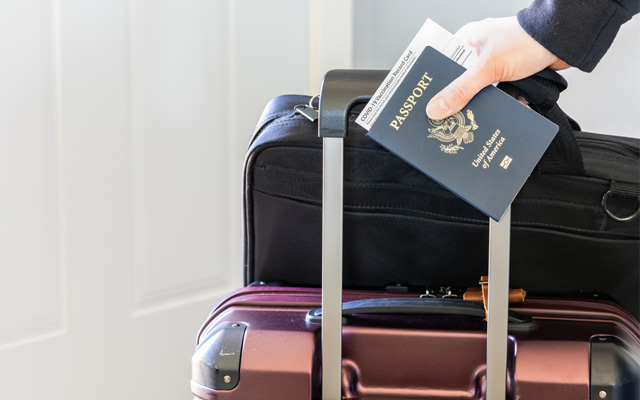Senior executives of ZeroRisk International have flagged “a different risk profile for corporate travel” in duty of care as global trips start to resume with more borders opening.
According to the high-risk consultancy company, the biggest concerns about corporate travel are still about being quarantined, being infected with Covid-19, borders closing, poor medical infrastructure at destinations and insufficient emergency response to help during a medical or security emergency.

However, it is not just about the risk facing travellers today, Jamie Ross, chief of staff, pointed out, adding that corporates should have a roadmap for the next five to 10 to 15 years written by a competent safety and security professional.
Citing Hong Kong’s new security law and travel there and to China, Ross said companies need to be aware of access and barriers to operating in those jurisdictions or for employees to travel to those locations.
“Do not travel with anything incriminating on devices,” he said.
Additionally, it would be foolish to run anti-regime social media comments, he stressed during last week’s ITB Asia on The Resumption of Global Travel: Duty of Care.
Other considerations, such as “valid and relevant travel security policies”, and “full health screening and innoculation”, must be “constantly reviewed by a security and health adviser”, Ross advised.
Extra steps include downloading security apps that track travellers every 10 minutes and every three metres to guide them to an assembly point or point of safety as in the case of recent evacuation in the conflict in Afghanistan, he shared.
As for insurance, CEO Tony Loughran noted that those insured should not be caught out with family members not included, or if the terms and conditions were not updated.
He advised reviewing and conducting an insurance test, making sure that it is watertight and ensuring additional coverage for coup d’états, tsunamis, volcano eruptions, etc.
Last but not least, corporates must consider having “extra good flight service” for emergency flights where 24/7 access is embedded in the insurance policy.





















